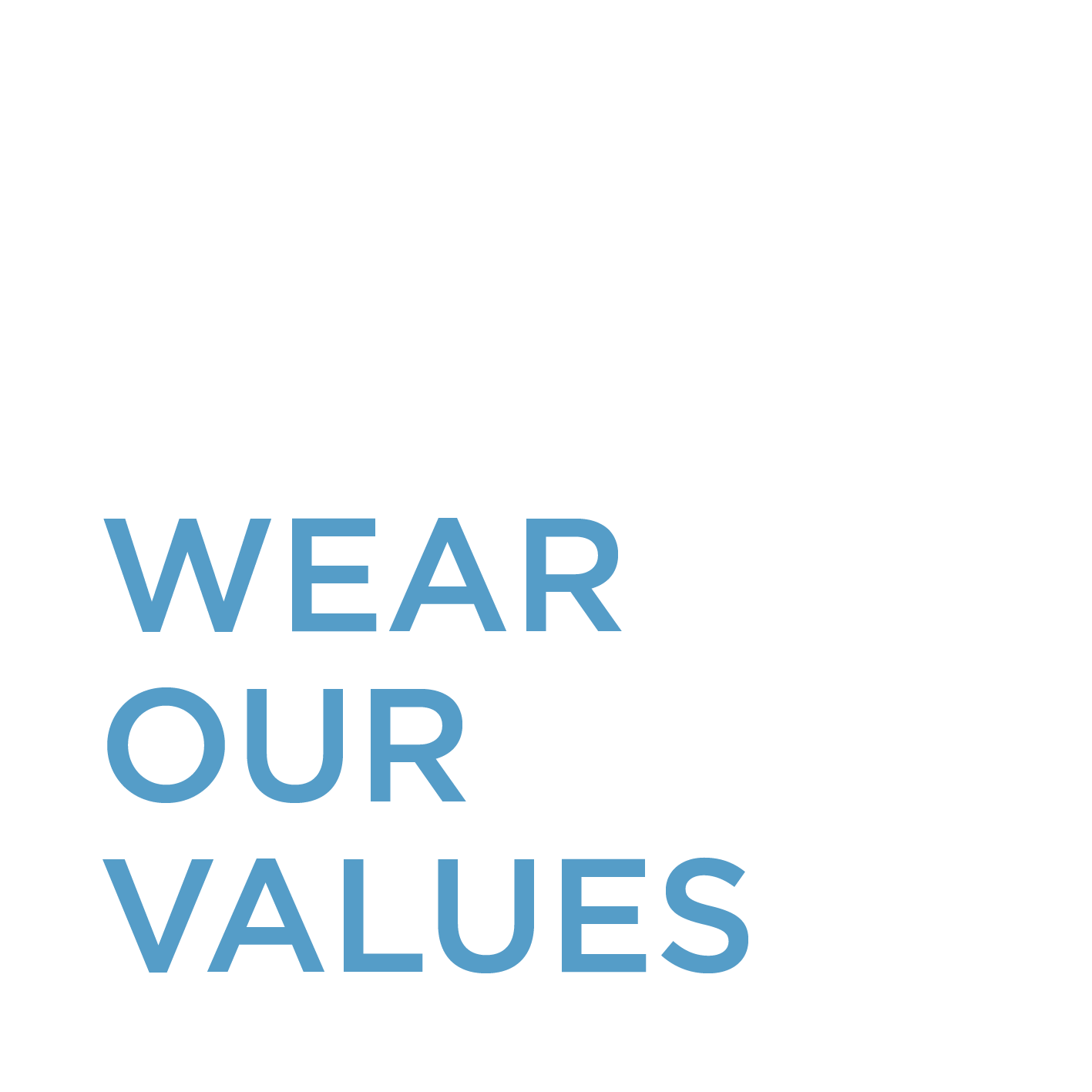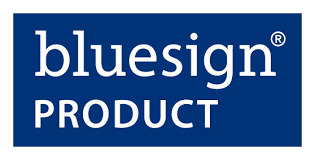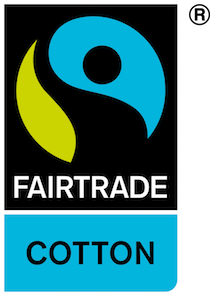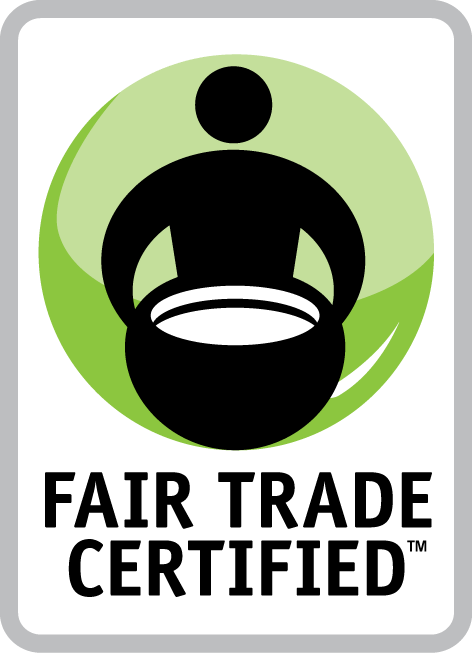It isn't always easy to know who is "good" but it's important to know what "good" looks like in the industry. This way you can look for certifications and metrics to confirm if the brands you are shopping with are "good" according to your standards and make conscious decisions knowing you are supporting solutions to aid the industry.
Certified B Corporations, businesses that are certified by B Lab, a non-profit that offers a rigorous set of standards of social and environmental performance, accountability, and transparency, authenticating brands using their business as a force for good. In addition, B Lab honors the Best for the World companies annually letting consumers know who is leading in solution innovation and by how much.
Bluesign®️ offers brands an "input stream management" system which is catered to the brands business model and operations. This way Bluesign is able to offer an auditing system that ensures products are made of resources and processes that are harmless to the people and planet.
The Cradle to Cradle Certified™ mark provides consumers, regulators, employees, and industry peers with a clear, visible, and tangible validation of a manufacturer’s ongoing commitment to sustainability and to their communities
Fairtrade standards for cotton were developed in order to highlight the struggles that these farmers face. Through the Fairtrade Minimum Price and Premium mechanisms, we work together with cotton producers to develop more resilient and democratic organizations that benefit from greater income stability.
Fair Trade Certified™️ Textile products are those that support the global citizens and the planet. Products that have been given the seal of approval helps promote empowerment, individual and community well-being, and income sustainability of all the workers involved, artisans, sewers, and their communities are uplifted and their environment is healthy.
Global Organic Textile Standard certifies brands' textile processing, manufacturing, and trading are environmentally and socially responsible backed by their intensive criteria, and on-site auditing and residual testing to prevent any unwanted pollutants.
Within the world of fashion brands have the responsibility to innovate, design, and produce garments that connect with their customers. Brands make a big impact not only in the way we dress but the way we participate in the world. By making a purchase with a brand you are supporting their practices. By inviting customers to connect with the brand, brands have the responsibility to be TRANSPARENT and hold themselves ACCOUNTABLE for all the harm or negative impact caused during production in order to allow their customers the fair opportunity to know what and who they are supporting.
BRAND NEW
In order to know what values brands and business prioritized, it takes a little bit of extra research (just like it did to find that perfect dress). If in a store, ask employees. When shopping online, look at brands "About" pages, their missions, values, and business models. Odds are if a brand is committed to using their platform as a tool to offer better options for the fashion industry, they are going to easily communicate this.






